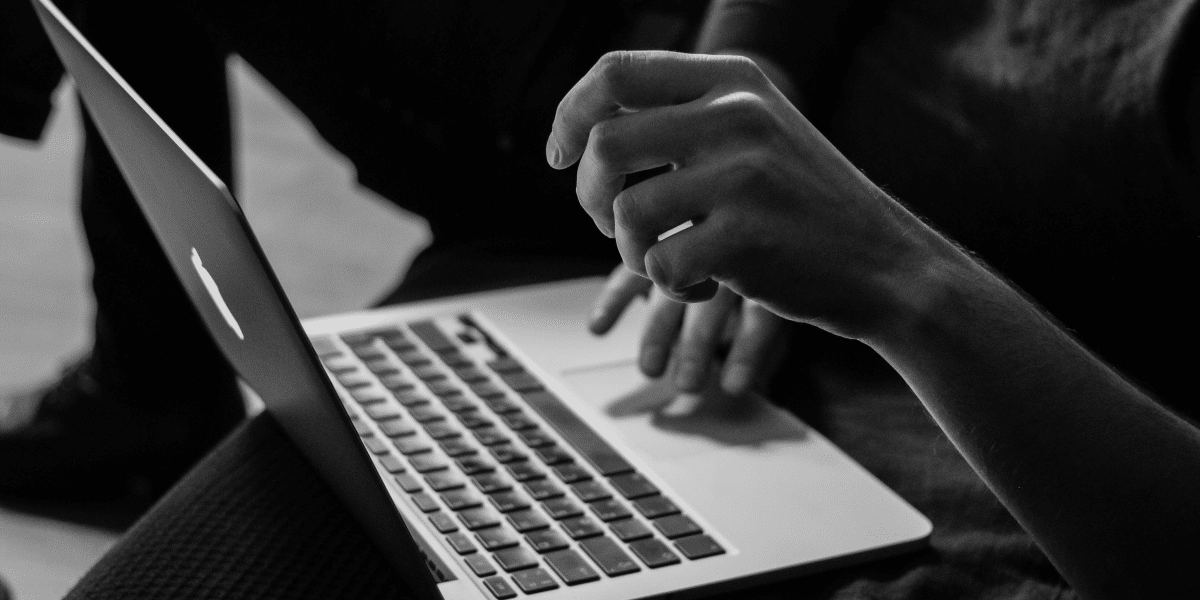Personal data is much more convenient and accessible now in the digital world. However, it exposes individuals to a broad spectrum of risks, including doxxing. Doxxing refers to the malicious act of publicly revealing or publishing a person’s private information, usually without their consent and in a manner to harm and harass them.
Whether it is a leaked address, phone number, or personal history, doxxing can have devastating impacts both in your personal and professional life. Fortunately, there are some steps you can take to have the last word and protect yourself while minimizing the risks. These include:
1. Strengthen Your Online Privacy Settings
One of the first and most effective ways to protect yourself from doxxing is to review and strengthen your privacy settings across all online platforms. Most social media networks, such as Facebook, Twitter, Instagram, and LinkedIn, allow users to control who can see their posts, profile details, and friend lists.
For example, ensure all your social network profiles are private so that only people you are connected with will see your personal information. You should limit who can see your posts, photos, and comments so they are visible to only some. Some social media companies will also restrict certain types of information (such as your phone number or email address), so nobody but the company can see it.
2. Be Cautious with Personal Information
Sharing too much is easy, especially with social media, which encourages openness and connection. However, oversharing can expose you to the risk of doxxing. If you share your home address, phone number, or other personal information about yourself, you expose yourself to that risk.
Think before you post photos or check-ins that may accidentally reveal your location or other private details. Even seemingly innocuous information can create a larger, more damaging picture of your life. If something seems too revealing, it is sometimes better to err on the side of caution and just keep it private.
Ensuring your data security online is crucial, but securing your account with strong passwords is equally essential. Passwords must be long, complex, and unique for each account. Don’t use easily guessable information such as your name or birthdate; use a password manager to safely store and generate multiple complex passwords.
3. Monitor Digital Footprint
Your digital footprint is the information and data you leave behind while browsing the web. It includes your social media activity, blogging, forum commenting, etc. Most people don’t realize how much of their data is accessible to the public through these online searches. Regular monitoring of your footprint can help prevent doxxing.
Tools like Google Alerts can enable you to track the mention of your name and other private information on the internet. If you discover that your personal information is publicly available, take immediate steps to delete or update them. You may find websites with contact information where you can request the deletion of certain information, while others require an official removal request.
4. Consider Professional Help
Individual caution is not always adequate to protect one from being doxxed. Professional services, such as doxxing resources by Deleteme, may help individuals who are concerned about their online privacy. These services aim to assist users by requesting the removal of personal information from people’s search sites, data brokers, and other digital platforms. While not all information can be removed due to varying platform policies, such services can provide support in managing one’s digital footprint.
Endnote
By taking these steps, one reduces the dangers of doxxing and evades potential harm to themselves. Whether you need privacy protection or are a business dealing with sensitive information, it is necessary to take preventive measures that help you navigate the increasingly complicated digital world.
Published by: Holy Minoza


















